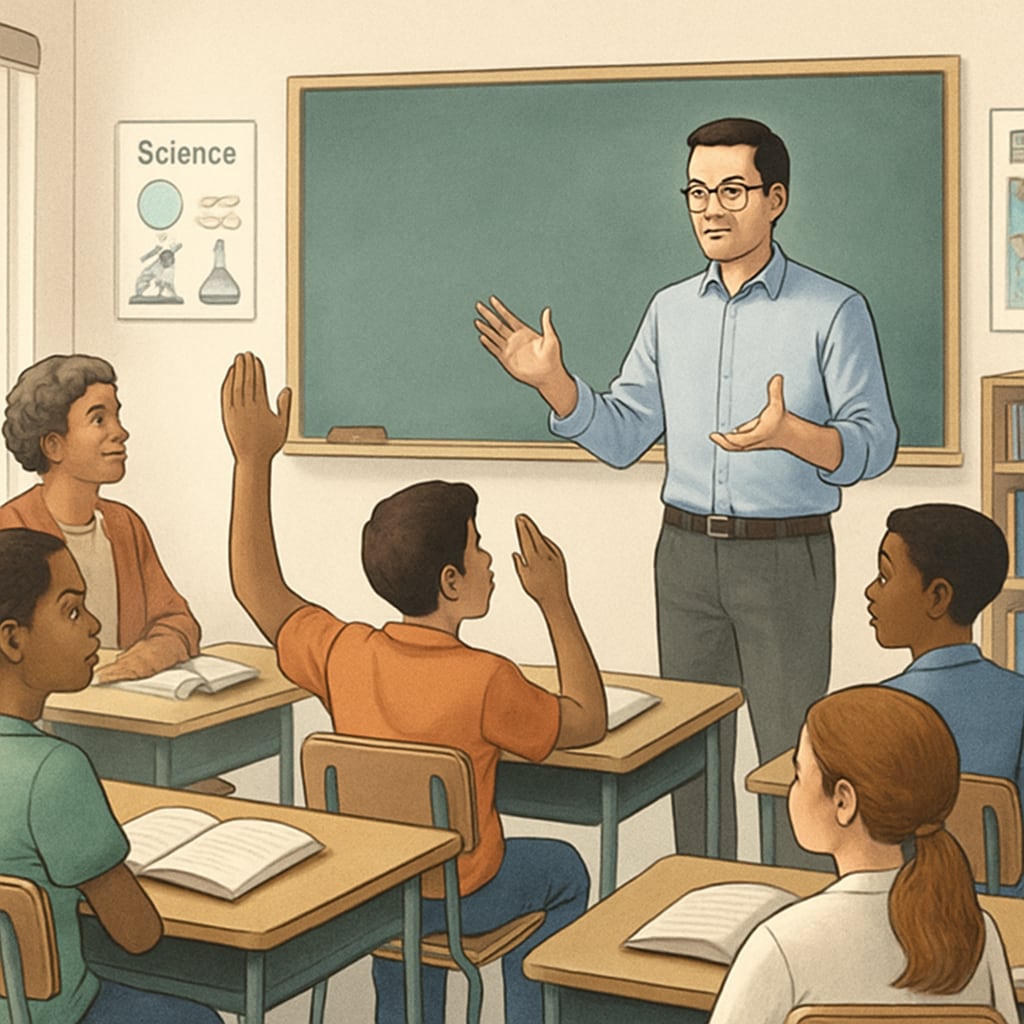The recent implementation of political ideology tests in Oklahoma’s teacher hiring process has sparked widespread controversy and concern. By introducing questions aimed at assessing applicants’ political leanings, the state intertwines education with ideological scrutiny, creating potential threats to fairness, diversity, and academic freedom in schools. This practice has left many educators questioning whether teaching roles are being unfairly politicized, impacting the integrity of the profession itself.

The Intersection of Education and Politics
In recent years, education systems across the United States have faced increasing political influence. Oklahoma’s decision to screen teacher applicants based on their political beliefs represents a significant escalation in this trend. While proponents argue it ensures alignment between educators and community values, critics highlight the dangers of limiting ideological diversity. Public education, ideally, should foster a range of perspectives, preparing students for a complex and pluralistic society.
For example, political ideology tests may unfairly exclude candidates who hold differing perspectives, regardless of their teaching qualifications or ability to inspire critical thinking. This approach risks reducing the diversity of thought within classrooms, which is a cornerstone of effective education. Academic freedom is a key principle that ensures teachers can explore and teach a variety of viewpoints without fear of reprisal.
Potential Consequences for Academic Freedom
By integrating political ideology into hiring processes, Oklahoma’s policy raises significant concerns about academic freedom. Teachers may feel pressured to conform to specific ideological narratives, inhibiting their ability to engage students in critical discussions. This creates a chilling effect, where educators avoid controversial but important topics for fear of backlash.
Furthermore, the policy might discourage qualified teachers from applying to positions in the state altogether. As a result, schools could face challenges in recruiting top talent, ultimately impacting the quality of education provided to students. According to Britannica, academic freedom is fundamental to fostering intellectual growth, which thrives on diverse perspectives and open dialogue.

Ensuring Fairness and Diversity in Teacher Recruitment
To maintain fairness and uphold the principles of diversity, teacher hiring processes should focus on professional qualifications rather than ideological alignment. Teaching is a profession grounded in the ability to communicate knowledge effectively, inspire curiosity, and encourage critical thinking—not adherence to political beliefs.
- Adopting transparent and unbiased hiring criteria can help ensure that all applicants are evaluated fairly based on their skills and experience.
- Providing training for hiring committees on avoiding unconscious bias can further enhance fairness.
- Encouraging diverse perspectives among educators enriches the classroom experience and better prepares students for the complexities of the world.
By prioritizing these principles, states can avoid the pitfalls of politicizing education and instead focus on building robust learning environments that celebrate intellectual freedom and diversity.
What Lies Ahead?
As the debate surrounding Oklahoma’s political ideology tests continues, policymakers and educators must reflect on the implications of intertwining hiring processes with ideological screening. Will such measures contribute to educational progress, or will they stifle the critical foundations of intellectual diversity and academic freedom?
The answers to these questions will shape not only the future of Oklahoma’s classrooms but also the broader landscape of American education. If other states adopt similar measures, the consequences for teacher recruitment and retention, as well as the quality of education, could be profound.
Ultimately, education should remain a space where diverse ideas and perspectives converge, fostering growth and understanding among students and teachers alike. It is essential for stakeholders to advocate for hiring practices that preserve the integrity and inclusivity of the profession.


